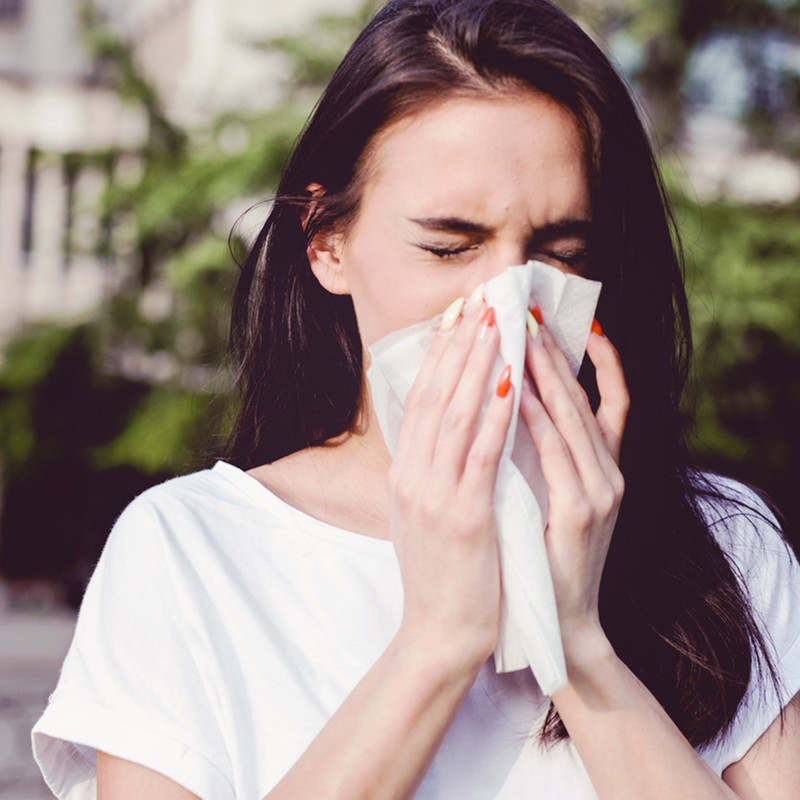
10 Ways To Tackle Hay Fever
Find The Culprit
Hay fever symptoms differ depending on the time of year and the pollens you’re allergic to. As optometrist Mark Shelton explains, the hay fever season starts as early as January and carries on until September. “Tree pollen is present between January and September, but peaks between late March and June. Grass pollen, meanwhile, increases between May and September, but is most likely to affect us in June and July, while weed pollen, which appears between the months of April and September, peaks between May and August.” Plus, as Shabir Daya, MRPharmS and co-founder of Victoria Health adds, hay fever is the most common allergic condition, affecting 13 million people in the UK. “Though hay fever can occur at any age, it tends to affect around one in four adults, meaning British residents are more likely to suffer from hay fever than almost any other condition.”
Check The Forecast
The experts recommend getting savvy about pollen counts, so you can avoid going out when they’re at their peak. Pollen counts tend to be at their highest level in the early morning (5am-10am) and at dusk, so consider limiting time outside during these periods. While grassy areas tend to have higher pollen levels in built-up regions, hay fever can be worsened by pollution. Rain can also be bad news for hay fever sufferers – grass loves a good dousing, so tends to produce more pollen in dry weather that follows wet. Keep an eye on the Met Office’s pollen count and try to stay indoors if the count is medium or high.
Try A Supplement
“Many people resort to conventional treatments, such as anti-histamine tablets, but these aren’t without side-effects,” Shabir explains. “Fortunately, there are some fantastic supplements that can help you cope with fay fever, Aller-DMG by DaVinci Laboratories of Vermont being one of them,” he says. Shabir says this supplement works to regulate histamine levels in the body, improves respiratory function and ensures the immune system doesn’t overreact to allergens such as pollen, thus reducing the misery of hay fever symptoms. If you’re keen to try a supplement, remember timing is key. “If you want to prevent hay fever, don’t wait until your symptoms are unmanageable,” he advises. “Early warning signs include itchy eyes, a runny nose or sneezing. If you notice any of these symptoms, act early, especially if you are considering a more holistic approach with supplements. The longer the exposure to pollen, the more severe your symptoms will become.”
Look At Your Lifestyle
Studies suggest alcohol may worsen hay fever as it appears to increase the propensity for the immune system to produce antibodies involved in allergic responses, so cut out or reduce your intake if you are suffering. A recent study showed women who drank two or more glasses of wine per day were at double the risk of having hay fever symptoms. And when you’re at home, it could be worth hanging your laundry inside, says Mark, as clothing can easily trap pollen, which can then come into contact with your skin. Also consider keeping your windows closed particularly during mid-morning and early evening, when pollen levels peak.
Don’t Rely On Local Honey
It’s long been believed that eating locally produced honey prevents hay fever, but Shabir says it’s a myth. A recent study compared locally produced, unfiltered honey with nationally produced, filtered honey and honey-flavoured corn syrup. In double-blind trials, there was no difference between the three in reducing hay fever symptoms. As Shabir explains, it’s believed the pollen in honey is nearly all the heavy, flower pollen that doesn’t cause hay fever, while the pollen that’s responsible for the traditional hay fever symptoms comes from grasses and trees that bees don’t visit.
Use Disposable Contact Lenses
If you use contact lenses, consider switching to daily disposable lenses, advises Mark. “Disposable lenses can provide a protective barrier to pollen, but reusable lenses are likely to make symptoms worse over time as they harbour pollen, which then affects your eyes.” If your eyes in particular are suffering, Mark also recommends using eye drops, but it pays to know what to use. “There are two types of eye drops that can help with hay fever. Lubricating eye drops add an extra layer of moisture to the eyeballs, keeping them clean and hydrated, while mast cell stabilisers are a type of eye drop that work to reduce the size of the bumps under the eyelids that appear with allergic conjunctivitis. Always speak to your optometrist before using eye drops as the using the wrong type can make your symptoms worse.” Once you start using drops, be patient, as it can take between five and 14 days for them to become most effective. “With this in mind, track the pollen count and start using the drops two weeks before it’s likely your symptoms will kick in,” Mark advises.
Build A Barrier
Prevent pollen from entering your body by using a nasal balm, says Shabir. “Products like Haymax are applied to the edges of the nostrils to trap pollen. Haymax is a great product – it’s organic and drug-free and is made from beeswax and sunflower oil, which forms a barrier that doesn’t dry out the nose.” Just steer clear of using Vaseline, says Shabir, which, being a petrolatum-derived product, can lead to dryness of the lining of the nose with repeated use. “This dryness can lead to itching, sores, infections and nosebleeds, so stick to an organic product.”
Try Acupuncture
Acupuncture encourages a natural healing response, says Maeve O’Sullivan, co-founder of Escapada Health and traditional Chinese medicine (TCM) practitioner. “Studies suggest acupuncture stimulates the nervous system to release chemicals in the body that influence the body’s own internal regulating system,” she explains. “The improved energy and biochemical balance produced by acupuncture results in stimulating the body’s natural healing abilities. It can help strengthen the body’s resistance and can regulate the body’s antigen-antibody’s reactions.” Acupuncture may be better known for its ability to treat pain, but Maeve explains that when undertaken over a period of several months, it can strengthen the body before the pollen season reaches its peak and provide instant relief from congestion, itchy eyes and headaches. “The beauty of Chinese medicine is that it treats the root of a problem and doesn’t just temporarily mask it, which is essentially what anti-histamines do,” she says.
Eat According To Chinese Medicine
Maeve explains there are a number of ways to strengthen your body through taking a TCM approach to your diet. “During pollen season, it’s best to avoid foods that create damp in your system and eat foods that actively reduce damp,” she says. “Damp forming foods, and the ones to avoid, include all forms of dairy, wheat (bread and all yeast products), pork, processed foods, sugar and sweeteners, beer and bananas. Foods to resolve dampness, meanwhile, include barley, basmati rice, beans, lemons, lentils, vegetables such as button mushrooms, corn, pumpkin, radishes, turnips and fruits including papaya and the umeboshi plum. Increasing your intake of green and jasmine tea can also help.” Maeve also says certain herbs and spices are particularly effective when it comes to easing hay fever symptoms, namely cayenne pepper, which stimulates blood circulation and stimulates secretions to clear a stuffy nose; cinnamon, which prevents infection and stimulates immune activity; onions, which contain a unique chemical component that acts as an antihistamine; and garlic, which supports antioxidant and anti-inflammatory activity.
Stock Up On Essential Oils
“Hay fever sends your immune system into chaos, reacting to plants and dust by trying to push them out of your body,” says Emilie De Block, founder of Bio Scents. “As essential oils are natural compounds, aromatherapy can be a great aid for hay fever symptoms,” she explains. Eucalyptus, for example, can ease inflammation in the lungs, while rosemary can alleviate congestion. Lavender, meanwhile, is a natural antihistamine, peppermint relieves headaches resulting from stuffed sinuses and tea tree is a great natural choice for anti-allergy and building immunity. “Try diffusing a selection of essential oils around the home using an electric diffuser or candle burner,” Emilie recommends. “Lavender and lemon is a lovely blend to try for both easing hay fever symptoms and enhancing concentration.”
Shop our edit of products here to tackle your symptoms...
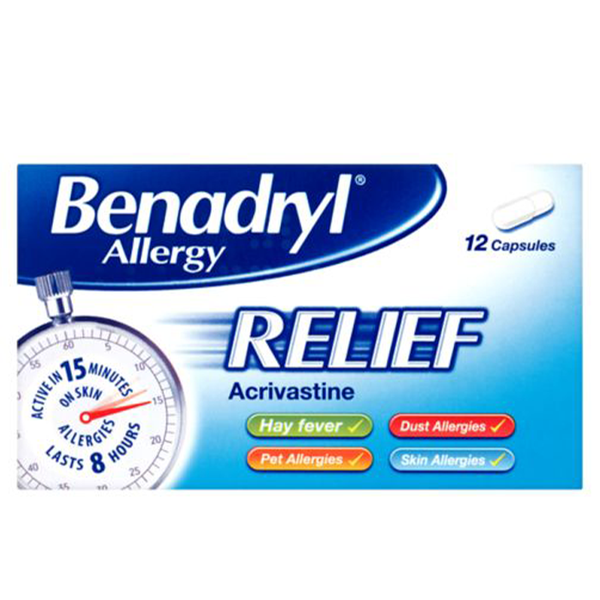
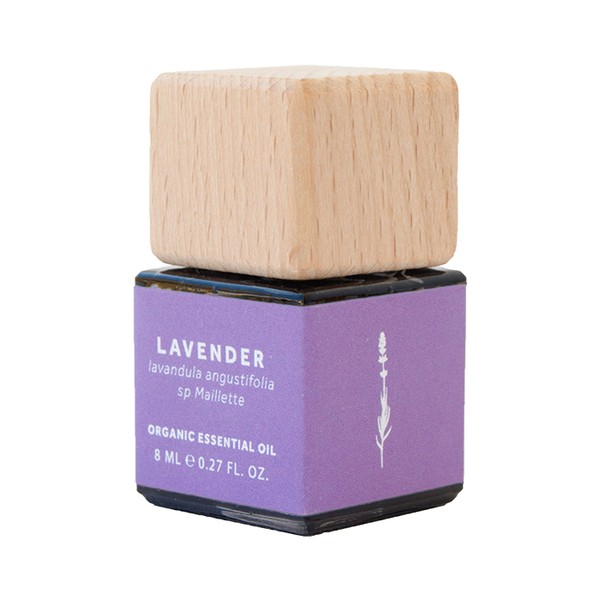
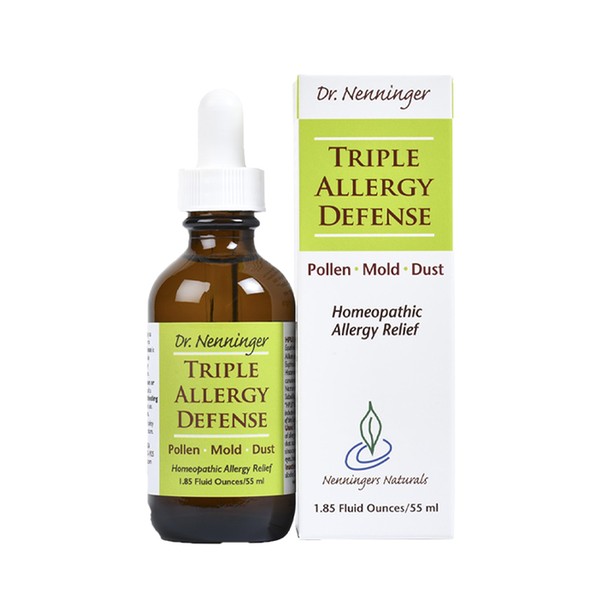
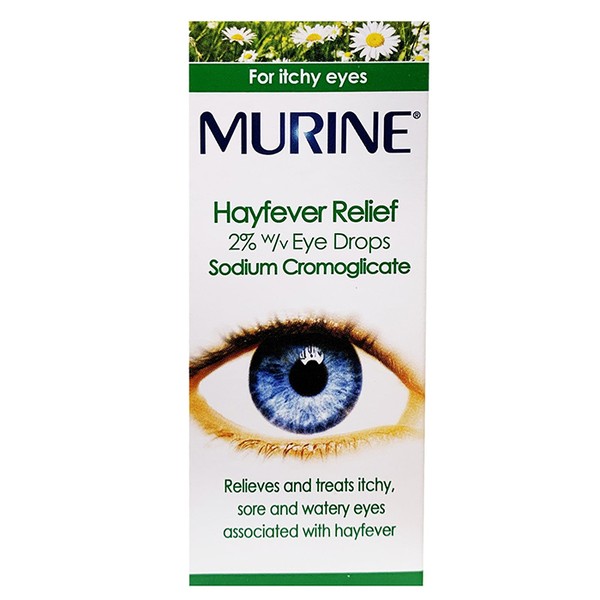
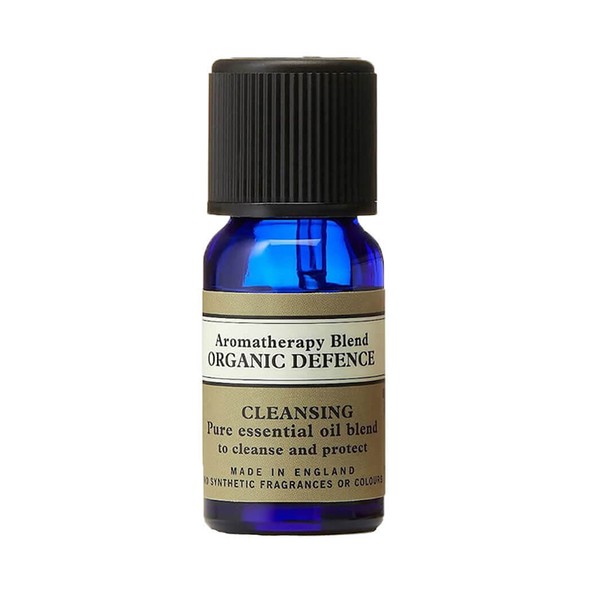
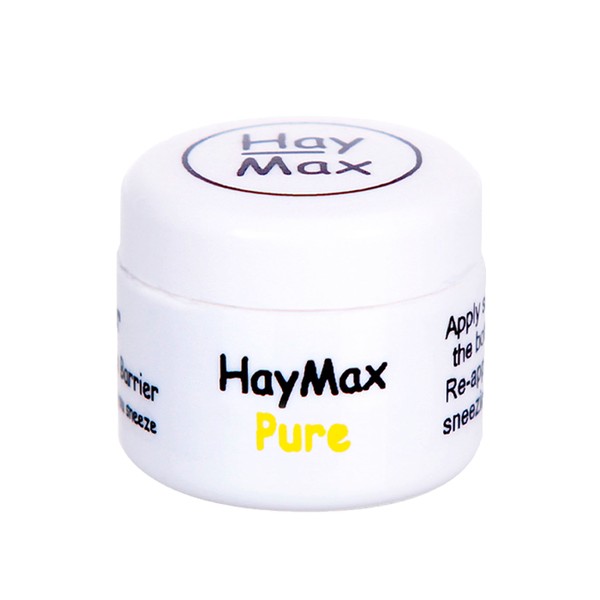
For more information visit BayfieldsOpticians.com, VictoriaHealth.com, Bio-Scents.com and EscapadaHealth.com.
DISCLAIMER: Features published by SheerLuxe are not intended to treat, diagnose, cure or prevent any disease. Always seek the advice of your GP or another qualified healthcare provider for any questions you have regarding a medical condition, and before undertaking any diet, exercise or other health-related programme.
CREDITS: JOANNA NIXON / STOCKSY UNITED
DISCLAIMER: We endeavour to always credit the correct original source of every image we use. If you think a credit may be incorrect, please contact us at info@sheerluxe.com.

